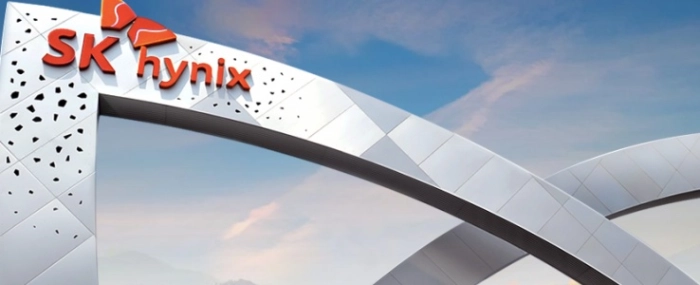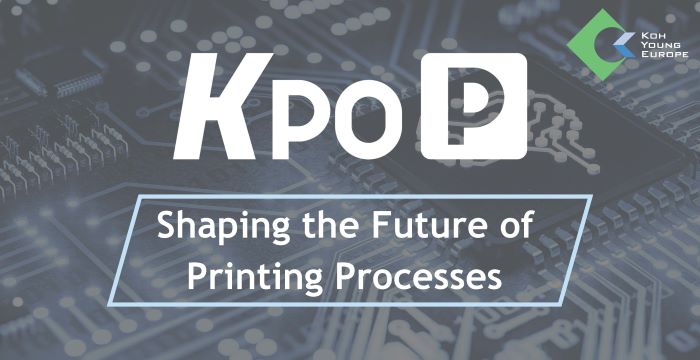
Its official: SK hynix to invest $3.87 billion in US plant
South Korean memory specialist SK hynix says that it will invest an estimated USD 3.87 billion in West Lafayette, Indiana to build an advanced packaging fabrication and R&D facility for AI products.
Yesterday, the company held an investment agreement ceremony with officials from Indiana State, Purdue University, and the U.S. government at Purdue University in West Lafayette as it announced the plan.
Leveraging its dominant position in the HBM market, SK hynix's new facility will be home to an advanced semiconductor production line that will mass-produce next-generation High-Bandwidth Memory (HBM) chips, which are the critical components of graphic processing units that train AI systems such as ChatGPT.
The project is expected to bring more than a thousand new jobs to the region.
The current plan is to start mass production in the second half of 2028, while the new facility will also develop future generations of chips and house an advanced packaging R&D line.
"We are excited to become the first in the industry to build a state-of-the-art advanced packaging facility for AI products in the United States that will help strengthen supply-chain resilience and develop a local semiconductor ecosystem," said SK hynix CEO Kwak Noh-Jung in the press release. "With this new facility, we hope to advance our goal of providing AI memory chips with unmatched capabilities, serving the needs of our customers."
SK hynix is collaborating with Purdue University on plans for future R&D projects. These projects include work on advanced packaging and heterogeneous integration with Purdue's Birck Nanotechnology Center and other research institutes and industry partners. They also hope to collaborate on a project related to memory-centric solutions and architecture for the generative AI era, specifically system-level memory design and in/near-memory computing.
The company also plans to collaborate with Purdue University and Ivy Tech Community College to develop training programs and interdisciplinary degree curricula that will cultivate a high-tech workforce and build a reliable pipeline of new talent.



